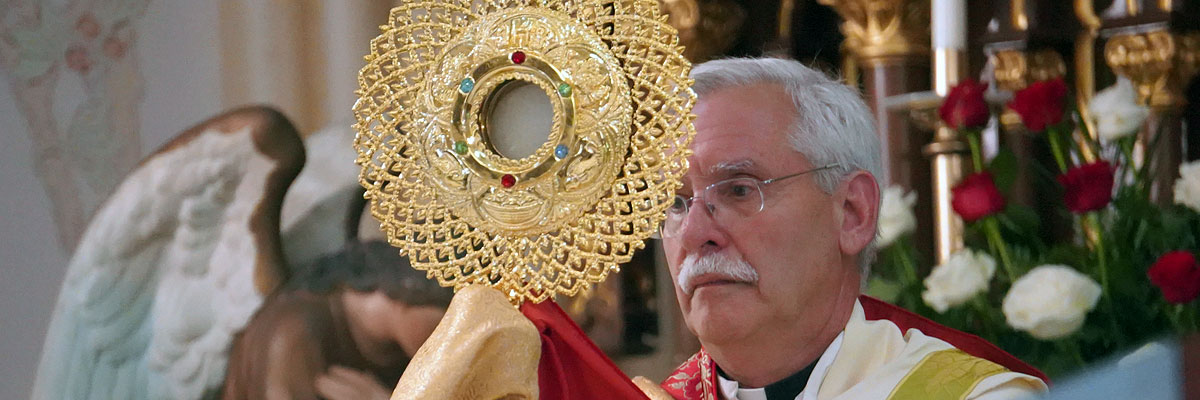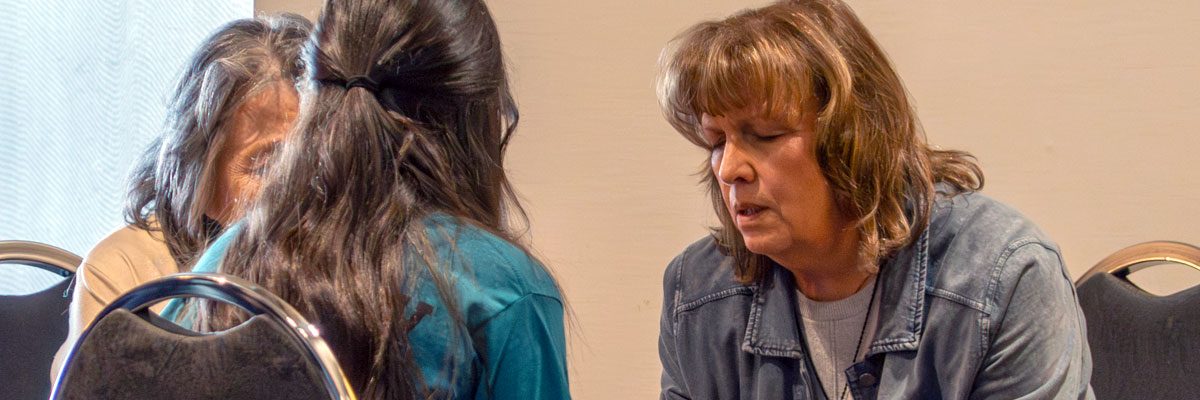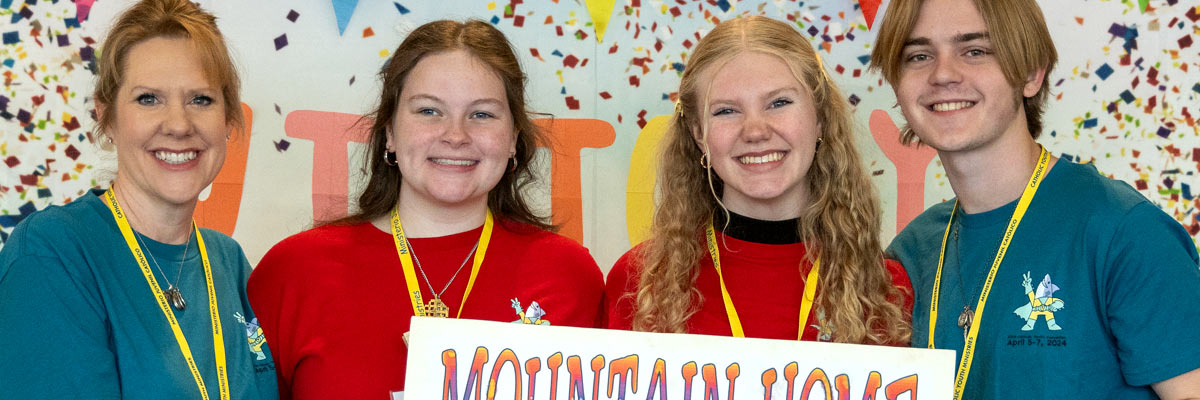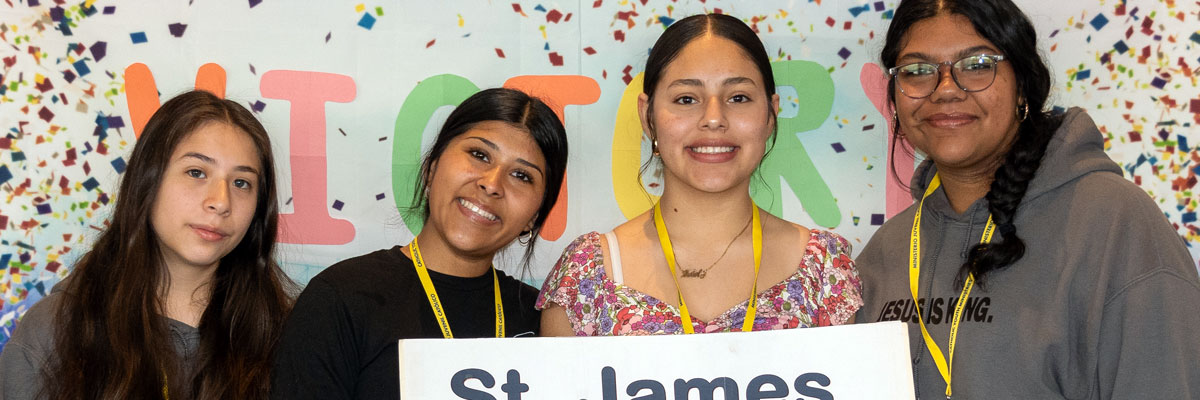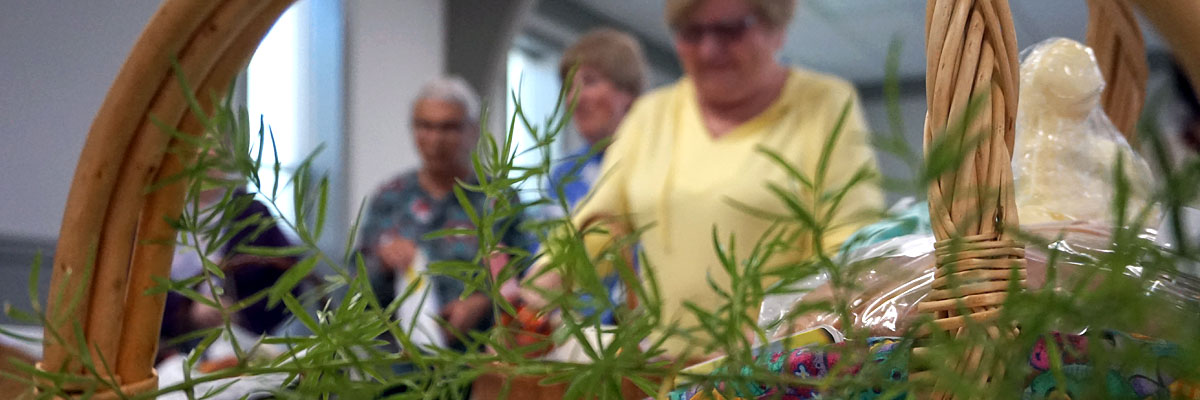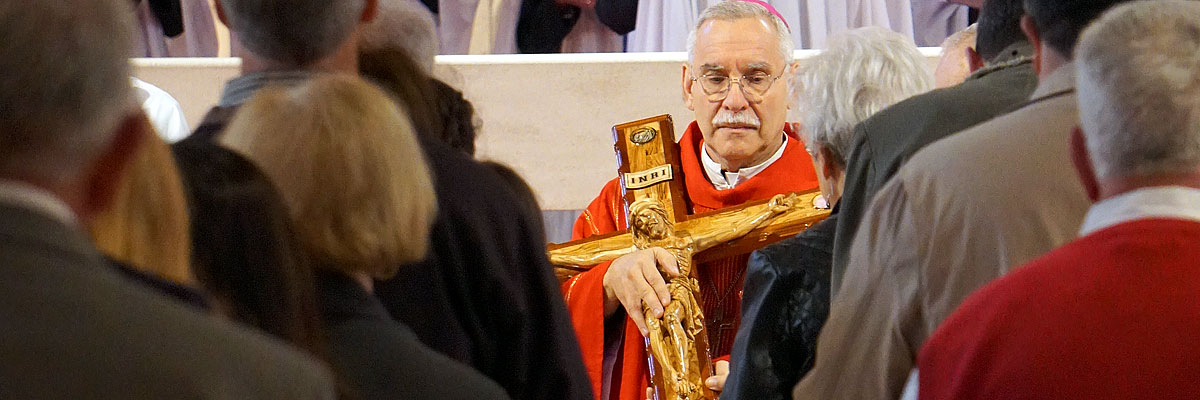Official Website of the
Catholic Diocese of Little Rock
Armed with education, it may be time to give laity a greater role
Published: October 1, 2005
By Linda Webster
As fall settles in each year, I feel an urge to pull out my introduction to theology text. Not necessarily to reread it, but as a reminder of the hopes and fears that each new group of students brings to St. John Center for that first weekend of theology instruction. In the fall of 1998, more than 40 adults from around the Diocese of Little Rock made up the first-year class. Some were worried about finding the time to do the reading assignments, others simply rejoiced being in the company of a room full of dedicated Catholics. Month by month, we came to know one another better. We knew who was struggling to complete the homework, who was taking the lessons directly back and applying them to parish work, and who was finding a depth of faith they’d never imagined. In fact, as we moved through courses in Christology, Old and New Testament studies, and that delightfully frustrating text on introductory theology, it became clear that we were all re-defining the vineyard as we learned about our tasks in faith. Some members of our first year class had clearly-defined roles in their large urban parishes; others were from small, rural parishes where priests were shared and members of the congregation took on most of the parish administration. Some came to deepen their understanding of the faith; some came to find out if they still had any faith. The weekends were always invigorating as classes formed up on Friday evenings but by the third year, the weekends could be equally frustrating. Our instructors came to Little Rock to share exciting programs and adult education materials that weren’t always welcome in the parishes. During roundtable discussions about how we might apply what we were learning, we were hearing more testimony about bickering parish committees and unhappy volunteers than we were about bringing people together and sharing our faith journeys. Something happened to us as we tried to take on larger roles in our parishes. Some succeeded and came each month to report on growing small faith communities, Scripture study groups, youth activities, parish outreach ministries; others came month after month reporting that their parishes did not see a need for any new activities or for giving additional responsibilities to an individual just because they were studying theology. In “Christifidelis Laici,” the document on the vocation and mission of the laity resulting from the 1987 Synod of Bishops in Rome, Pope John Paul II reminds us in Section 15 that the lay faithful live in the secular world and it is in the secular world that we receive our call from God. So, even if our new ideas and high hopes don’t always make it out of the classroom, our vocation to proclaim the Gospel and call to conversion hasn’t changed. Perhaps some of the job descriptions have changed; perhaps some need to change as every year the theology classrooms fill at St. John Center with dozens of adult Catholics who come to deepen their faith and take on more substantial roles in their parishes. This might be the time to begin discussing the changing role of the laity in our diocese because it may still be the same vineyard, but the laborers are ready to take on much more work. Dr. Linda Webster, a member of St. Mark Church in Monticello, has a bachelor’s degree in theology from St. Gregory University in Shawnee, Okla.


